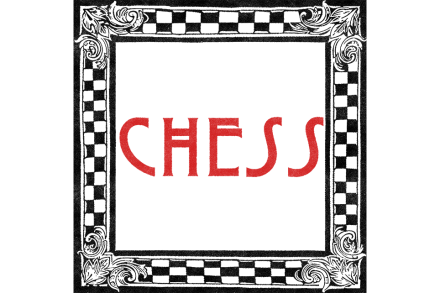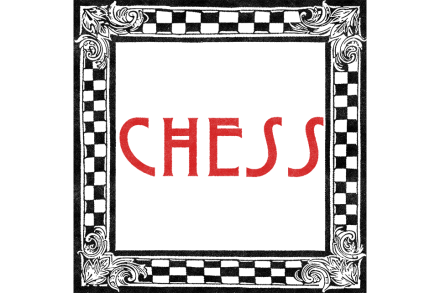AI puzzles
Generative artificial intelligence is a modern marvel. Should you wish to see an octopus juggling dinner plates in the desert, it is now just a few keystrokes away. Images, videos, poetry, music – everything is possible. But have you ever scrutinised an AI-generated picture of people playing chess? Inevitably, the position will be incoherent. Look closer, and



